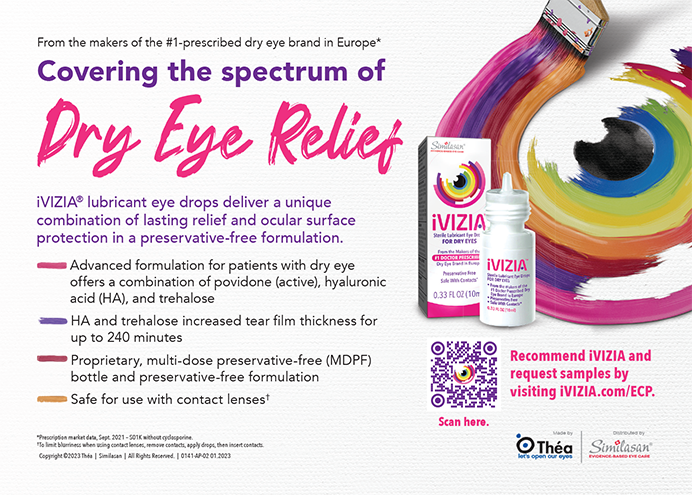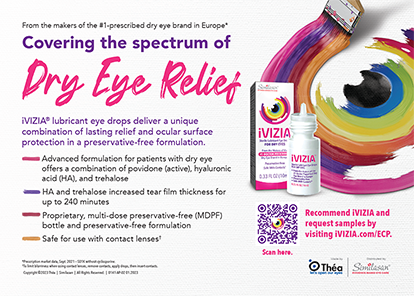
Participating in clinical trials puts you at the cutting edge of emerging treatments. To succeed in this endeavor, however, you must learn how to transform patients into study subjects. The following advice is based on what I have learned after performing clinical trials in a private practice environment for the past 15 years.
BE READY TO TALK
Prepare yourself to discuss participating in the trial with your patients. I like to think through the potential benefits to the study population in general—and to the patient in front of me in particular—before I engage him or her in conversation. This is a critical exercise. For example, a drug trial might allow participants to reduce their quantity of daily medication. A surgical trial might allow patients to receive multiple microinvasive glaucoma surgery implants instead of one, which might improve IOP control. Initially, it can be awkward developing your “sales pitch.” Your ability will improve with practice and the more experience you have in a particular trial to learn the drug’s or device’s unique benefits.
DISPLAY ENTHUSIASM RESPONSIBLY
As you begin the conversation, it is important to point out enthusiastically that the person qualifies for something unique. Most likely, only a few people per week will meet the entry criteria. Pointing out indirect benefits to a given patient may be helpful as well. You will quickly get a sense of whether a patient’s perception of this unique opportunity matches yours. Most patients have a high level of trust in their physician, and many are far more altruistic than you might imagine. It is your responsibility as a physician not to betray that trust. Be certain that the patient in front of you has a clear understanding of what he or she may be agreeing to as well as of its unique benefits and risks to him or her.
Nearly all trials cover the cost of medication and study visits as well as provide financial payments for most study visits. Theoretically, these financial payments are not meant to be inducements to participate, but in reality, they serve as positive incentives for many patients.
CONCLUSION
Participating in clinical trials has been an extremely positive experience for me. I believe it has allowed me to offer novel treatments to patients that have benefitted them. The experience has also broadened and improved my surgical skills, which benefits my other patients. In addition, participating in clinical trials has engaged my passion for teaching.
Advances in the field of ophthalmology require more physicians who can effectively enroll future clinical trials.
Brian Flowers, MD
• glaucoma specialist, managing partner, Ophthalmology Associates, Fort Worth, Texas
• (817) 332-2020; bflowers@oafw2020.com
• financial disclosure: consultant to and research support from Aerie Pharmaceuticals, Alcon, ForSight Labs, Glaukos, and Ivantis; consultant to Sun Pharmaceuticals


